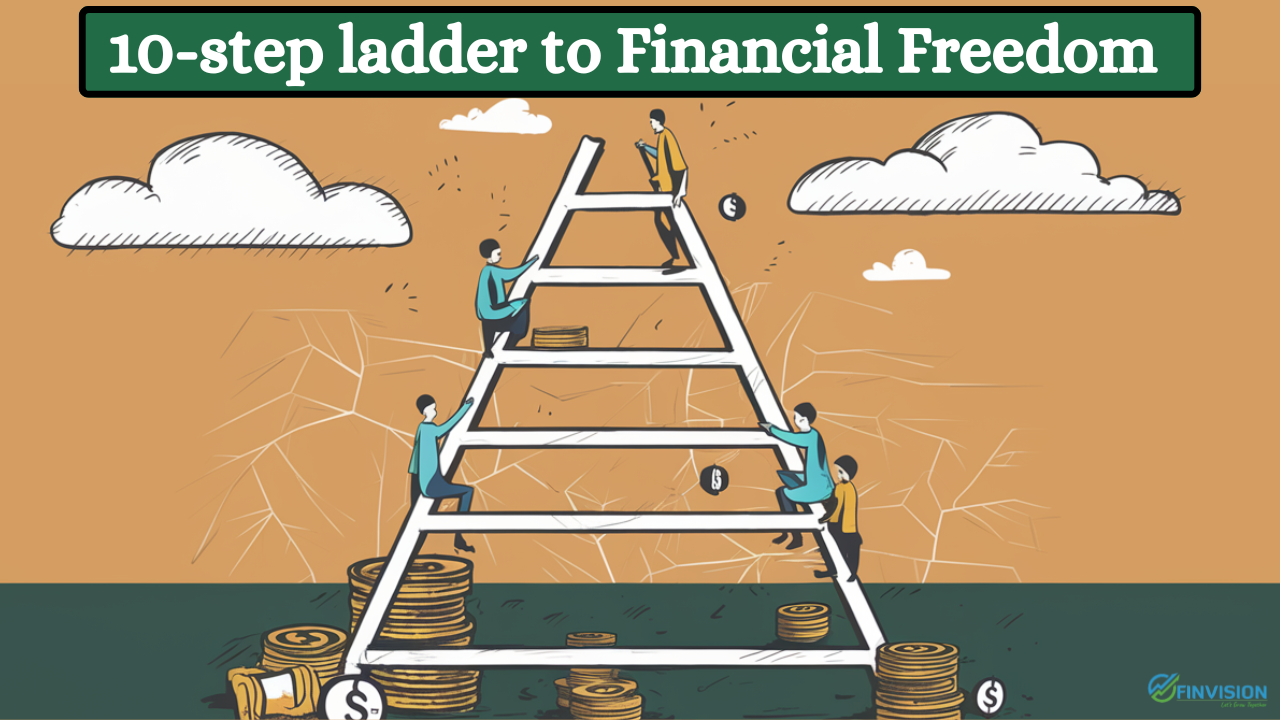We enrol our kids in drama, dance, singing, karate and other classes to learn. However, when our kids enter the real world, the first thing they confront is money. Thus, teaching a child the importance of healthy finances and investing is not just a gift but also a mode to empower and give them a strong competitive edge for overall success in the future.
“Teaching kids to count is fine but teaching them what counts is the best”
Since formal training on this subject is not readily available, the best way is to instigate them to start investing. Just like riding a bicycle, books cannot teach you how to invest. You fall and you learn.
Take Baby Steps
- Even when children are too young to go to school, you can sow a few seeds in a pot and show them how with regular care, it will grow into a healthy plant.
- Use a transparent piggy bank to teach that every-time they spend some money, the level goes down and vice-versa. These concepts will stand them in good stead later on in life.
As life goes on
When the child is a bit older and learning maths in school, start giving them small amounts of pocket money. It should be just sufficient for them to meet their fancy needs with a small surplus, on which saving should be encouraged. When you think they are old enough to go and buy something on their own, make them accountable and tell them to keep a ledger of expenses. This is also the time to open their bank account, and explain deposits and interest. You may tell your child to put some money in a bank so they can buy something next year with the interest.
Initiation into investment
Once your kid is well versed with basic concepts, explain inflation and introduce the power of compounding, various asset classes, taxation and the risk return idea. Let children be around while making an investment decision like investment in Mutual Funds, stocks, real estate, and gold. Encourage them to ask questions and be part of the decision making process. Convince them to invest their savings and educate them on their options and let them handle their money. They can invest some amount from their own pocket and you can add an equal amount from yours. Keep your child motivated by his own financial goals; if they want a mobile phone, make them a plan for that. Persuade them to invest the wealth accumulated over years received as gifts from family and relatives. If your child is too young, take the leap on their behalf and leave them a strong financial legacy.
Finding the thrust
When children are 18 or even younger, they can be encouraged to invest in mutual funds. Start with small amounts so that they get to know how mutual funds work. Answer their questions, give them investment advice or connect them with some trusted advisor, allow them to make mistakes and correct them whenever necessary. The idea is to be there and ensure that you are not spoon feeding them. Be their financial instructor and lead them to independence. As life goes on, we must add the factors we skipped when we told them “Early to bed, early to rise, makes a person healthy, wealthy and wise.”











